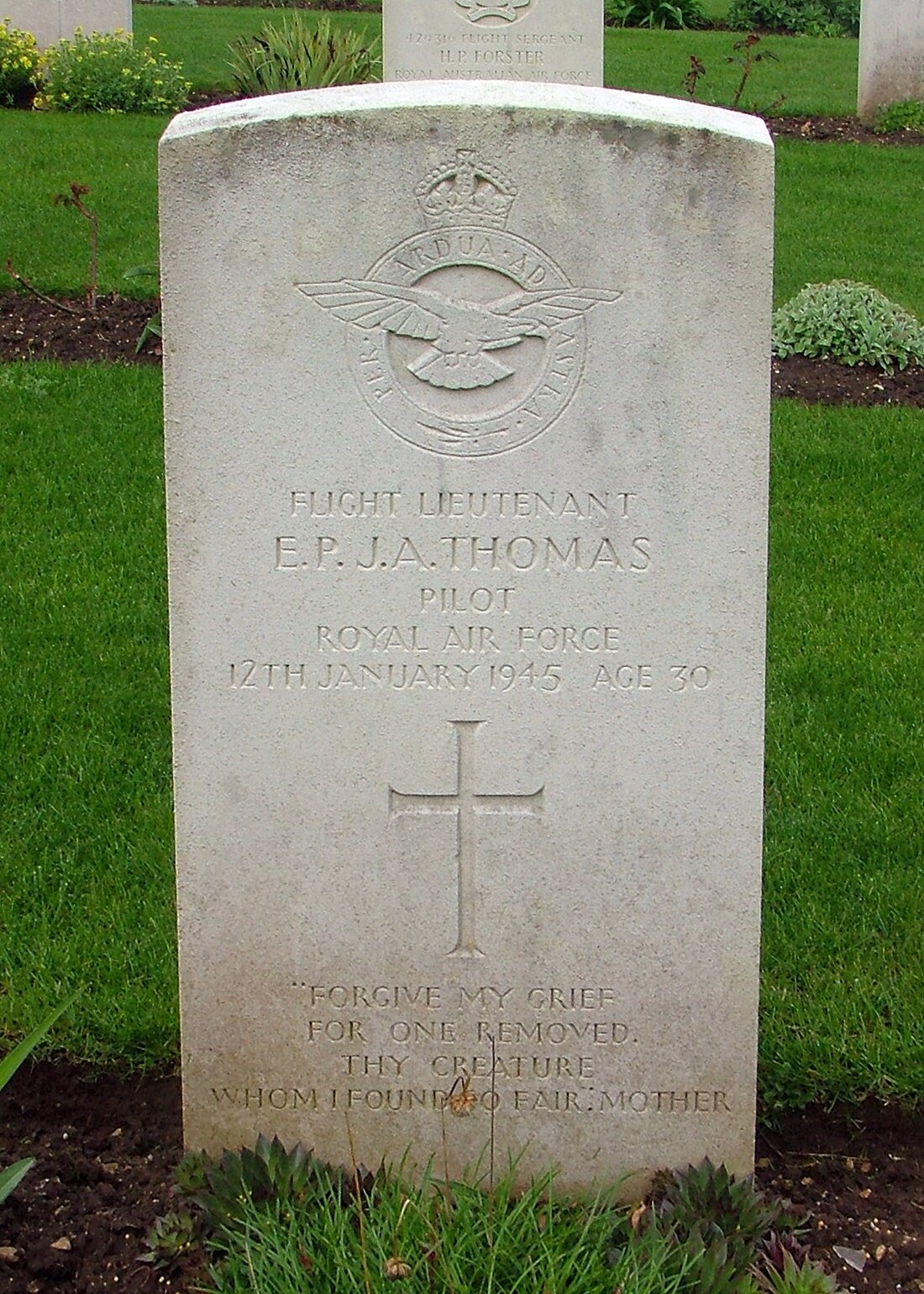Peter Thomas of Lagos, Nigeria, was the first African to be granted His Majesty’s Commission in the RAF. Peter, or ‘Deniyi’ as he was known to his friends, was the youngest member of one of the wealthiest and most influential families on Africa’s West Coast.
In 1940, after reading about the heroic achievements of the RAF in the Battle of Britain, Peter volunteered. Peter had all the right qualifications for entry into the RAF. However, his application may not have been accepted if the casualties in the Battle of Britain hadn’t escalated to almost 3,000 aircrew. The British government had announced on 19 October 1939 that, for the duration of the war, they would lift the ban that excluded black recruits from the Armed Services. However, a ‘colour bar’ remained in place in the Royal Air Force until November 1940 when the Air Ministry informed the Colonial Office that it would accept black aircrew candidates from the colonies.
Peter set sail for Britain in February 1941 and was commissioned in mid-1942. On 11 February 1943 Peter was filmed by the Colonial Film Unit for a propaganda short to be shown in the colonies. When he was not on RAF duties, Peter’s interests extended to social welfare and labour problems. He undertook other responsibilities on behalf of the Colonial Office. When West African social science students arrived in Britain for training, he took part in meeting the trains, and welcoming them.
He is remembered by Roy Sloan in Wings of War Over Gwynedd as an interesting and somewhat unusual character. He was the son of an extremely wealthy Nigerian dignitary, and was believed to be the only Nigerian flying with the RAF at the time. Thomas was an engaging and attractive personality, well liked and popular with his colleagues, and was exceptionally religious. Normally courteous and gentlemanly, he would let himself go at social events such as Mess parties after being persuaded to take a few drinks.
On 12 January 1945, on a routine exercise over the Brecon Beacons in South Wales, Peter was forced to make a crash landing in the mountains. He did not survive. At the time of his death, in anticipation of the war’s end, Peter had already been admitted as a law student at the Middle Temple. Peter is buried in Bath (Haycombe) Cemetery.
This information is from Stephen Bourne's books Mother Country: Britain's Black Community on the Home Front 1939-45 (The History Press, 2010) , The Motherland Calls: Britain's Black Servicemen and Women 1939-45 (The History Press, 2012) and War to Windrush: Black Women in Britain 1939-48 (Jacaranda Books, 2018).
SECOND WORLD WAR CONTENTS:
COMING SOON!
Profiles People
Living through Conflict
A Fight For Freedom
Commonwealth War Graves Commission Stories
Commemoration and Legacy
Artistic Responses to Conflict

